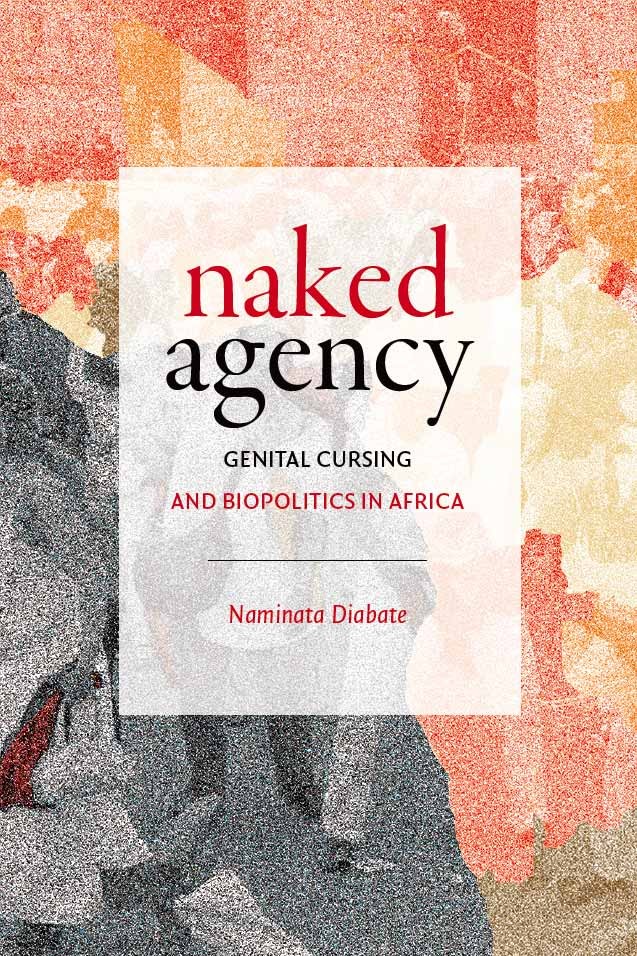The African Studies Association (ASA) has awarded its Best Book Prize to Naminata Diabate, associate professor of comparative literature, for "Naked Agency: Genital Cursing and Biopolitics in Africa" (Duke University Press, 2020).
The Best Book Award is one of ASA's 2021 Awards for Africanists, "heralding some of the most prominent contributions to the field of African Studies" and recognizes the most important scholarly work in African studies published in English and distributed in the United States during the preceding year. The ASA announced the honors and winners during the organization's annual meeting, held virtually November 16-20.
"This recognition from this stellar intellectual community is a dream of a lifetime. Yet, circulation of the book's ideas, which the prize enables, is its most gratifying aspect," said Diabate, a scholar of sexuality, race, biopolitics and postcoloniality. "Uncivil self-exposure continues to proliferate on the continent for reasons that I expose in the book."
For instance, in January 2022, Diabate said, women in Ondo State, Nigeria, staged a semi-naked protest against insecurity.
"It is my hope that 'Naked Agency' will reframe the terms of the conversation on defiant disrobing by inviting readers to take seriously the circulation of women's grievances and hopes and the (mis)use of their bodies' images in our hyper-visual world."
Diabate's research explores African, African American, Caribbean and Afro-Hispanic literatures, cultures, cinema and new media. Her current research and teaching focus on forms of gendered, sexual and racialized agency in cultural products, including oral tradition, literary fiction, filmic and social media.







